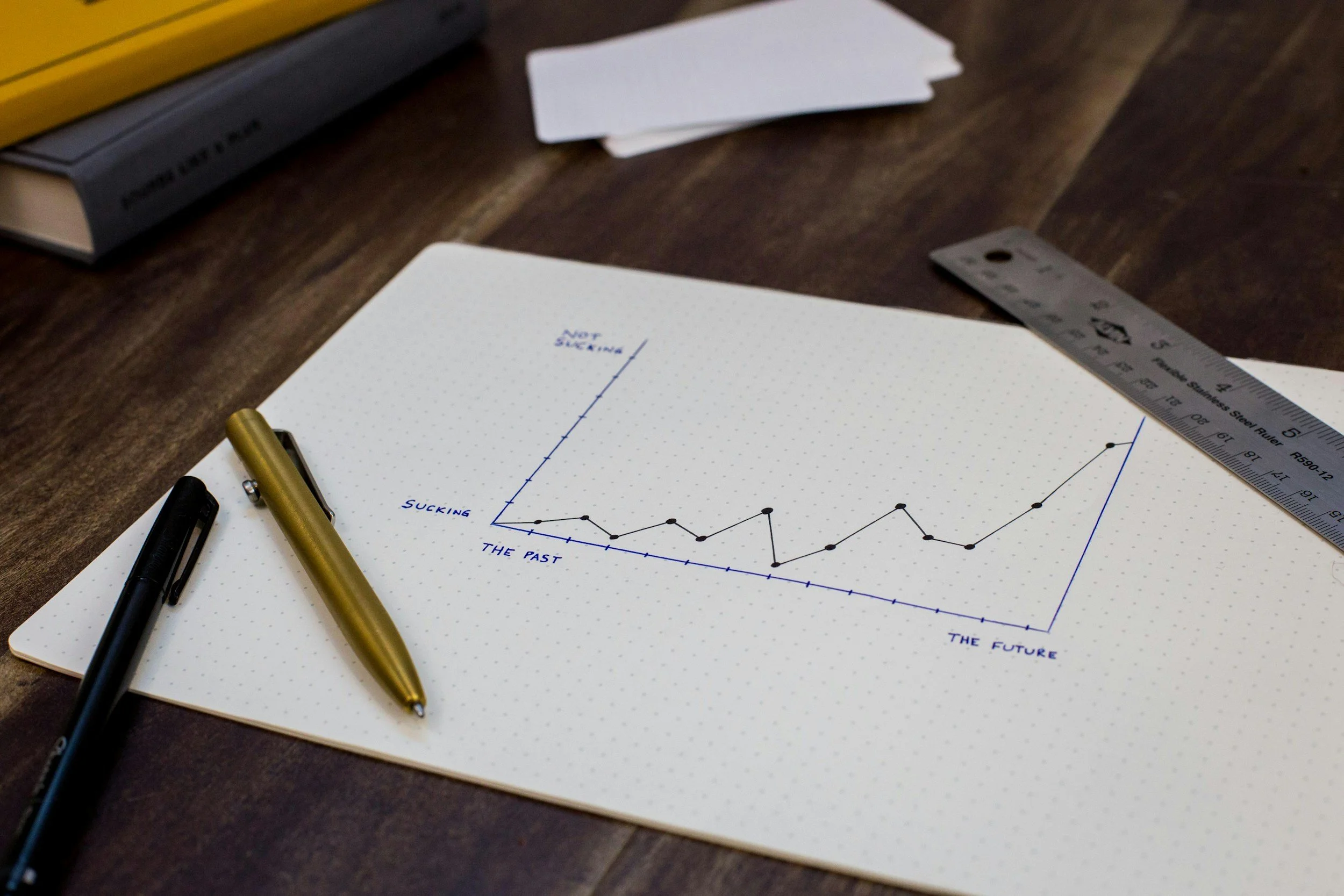How to Slow Down Without Feeling Like You’re Falling Behind
If you live with anxiety, slowing down can feel impossible.
Even when your body is tired, your mind keeps running…listing everything you haven’t done yet, everything that could go wrong if you stop, and every reason why rest feels undeserved.
But trying to be productive without feeling grounded and safe when you’re resting is usually an indicator that you might be operating out of the survival mode that anxiety can push you into.
Why Anxiety Makes “Stillness” So Uncomfortable
For many people, constant doing becomes a form of protection. If you’re busy, you don’t have to feel the discomfort underneath. You don’t have to risk falling behind or losing control.
Have you ever been praised for being “ambitious?” Anxiety often disguises itself as ambition. It whispers that the only way to stay safe is to stay ahead. But that pace is not sustainable. It keeps your nervous system in a chronic state of alert, and over time, that tension starts to look like burnout.
Slowing down doesn’t mean you’re unmotivated, instead, it gives you the space to trust that your worth isn’t measured by output.
Reframing Productivity
What if being productive didn’t only mean checking boxes?
What if it also meant resting when your body asks for it, saying no when something doesn’t align, and giving yourself permission to pause before reacting?
True productivity isn’t centered around how much you can get done. It’s about the energy and intention behind what you do. You’re more creative, focused, and present when you’re grounded.
Grounding Techniques for the Anxious Mind
Here are a few small ways to begin slowing down without letting the fear of falling behind take over:
Name what’s urgent versus what’s loud.
Anxiety makes everything feel like an emergency. Try asking yourself, “What actually needs my attention right now?”Use your senses to anchor yourself.
Look around and name five things you can see, four things you can touch, three you can hear, two you can smell, and one you can taste. This helps remind your body that you are safe in this moment.Schedule moments of pause, not just tasks.
If your day is full of meetings or responsibilities, plan five minutes between them to breathe, stretch, or step outside. Small pauses keep your nervous system regulated.Redefine success for the day.
Instead of measuring it by how much you achieved, try measuring it by how kind you were to yourself in the process.
Slowing down isn’t a sign that you’re “losing momentum.” It gives you the space to take action towards your goals from a place of presence instead of pressure.
When you stop equating movement with progress, you give yourself permission to grow at a pace that actually supports your nervous system.
If you’re ready to allow yourself to feel moments of peace and stillness, without it meaning you’re falling behind or "you’re “lazy,", schedule a free consultation with me at A Shifted Perspective Therapy to get started!



